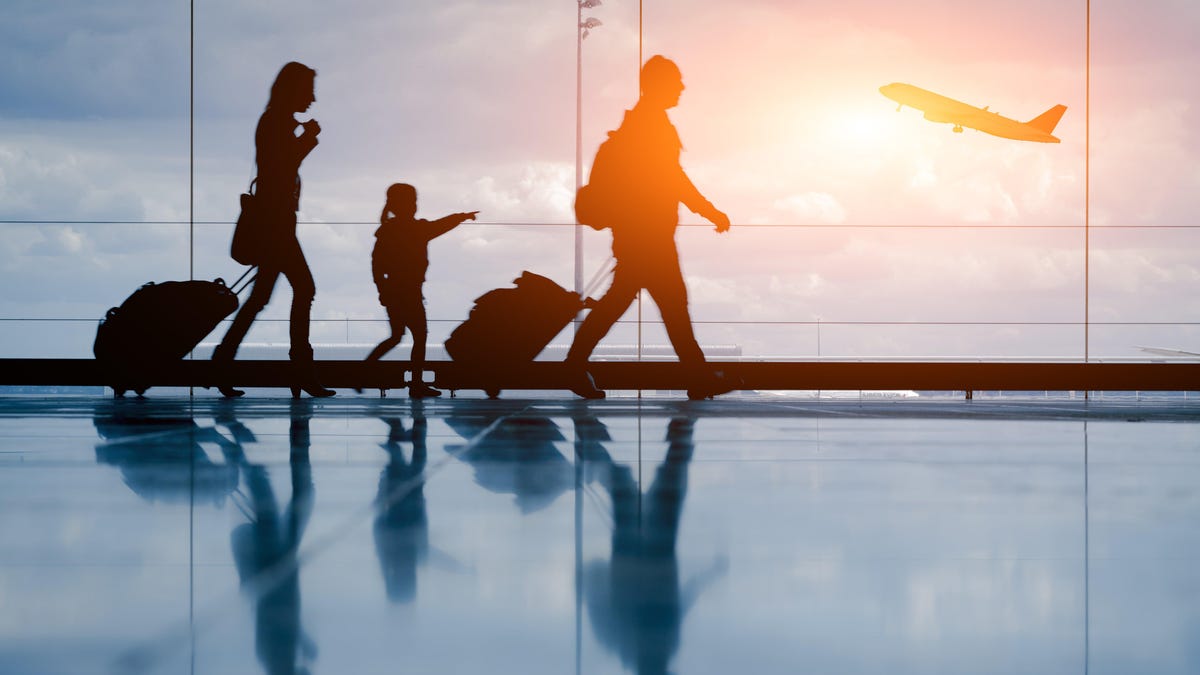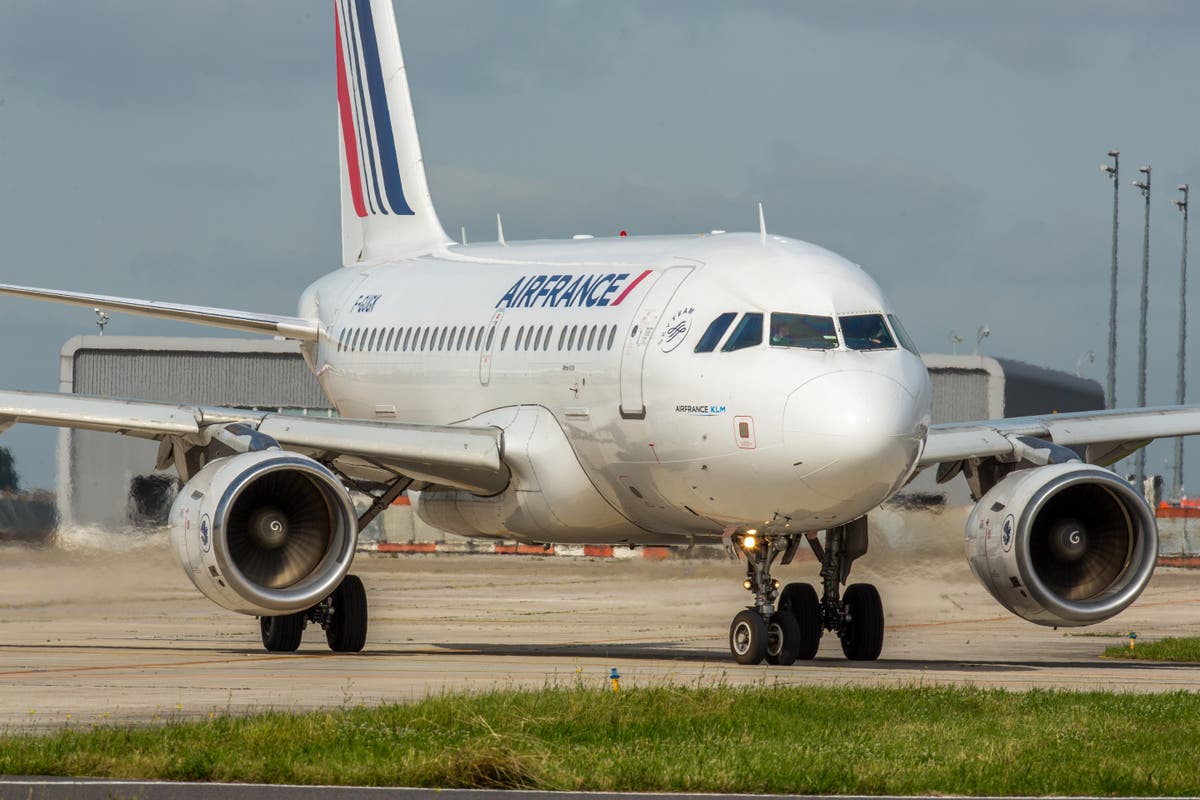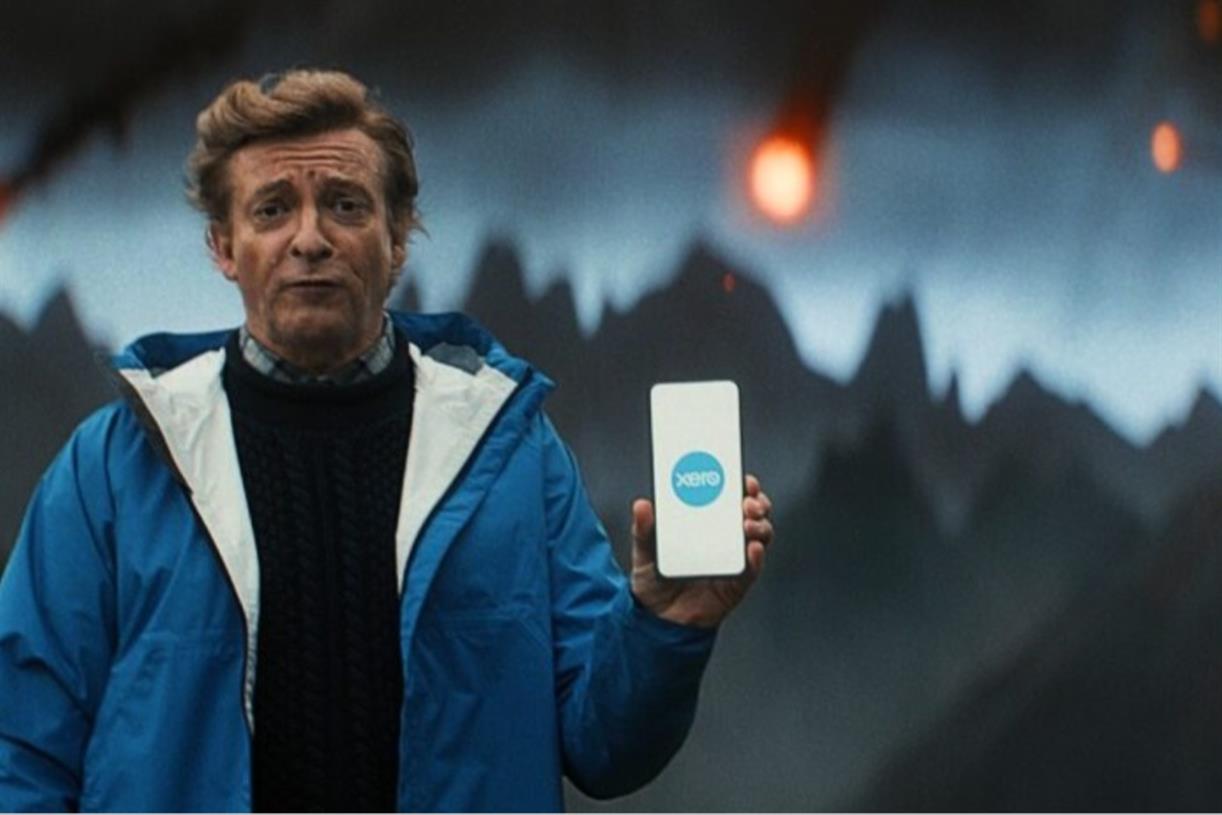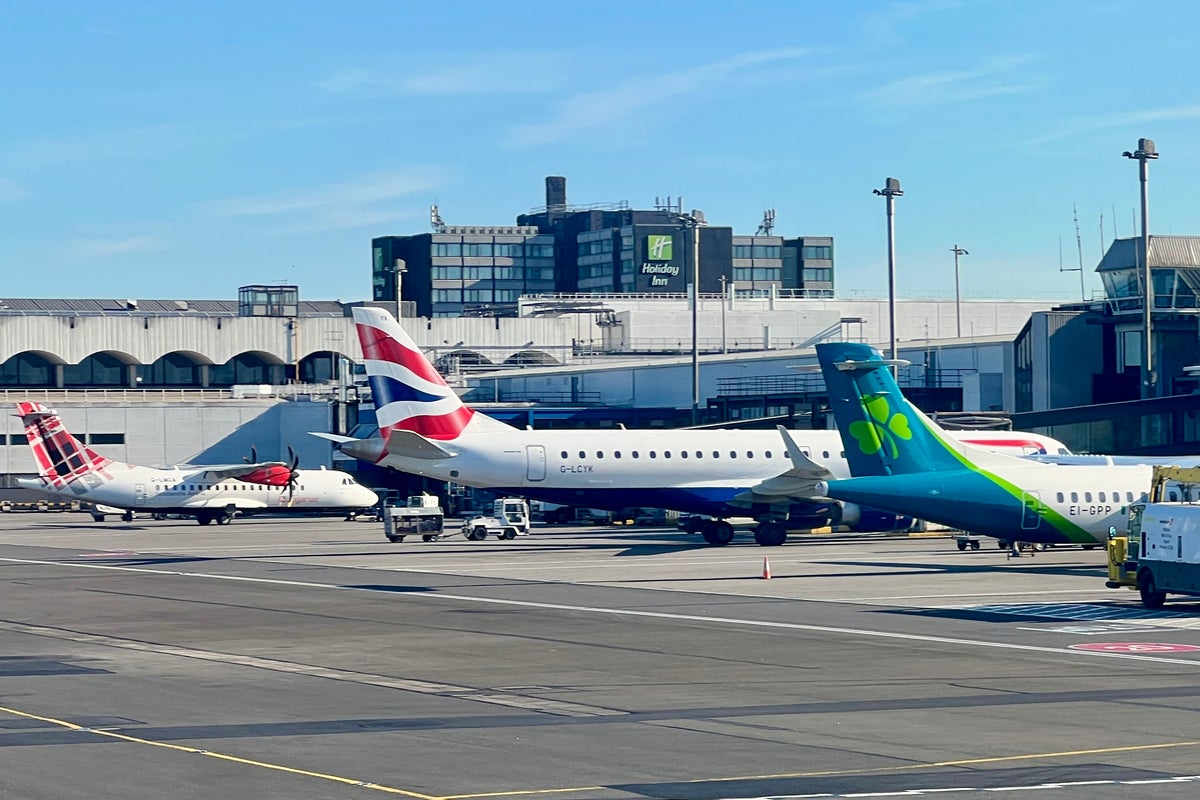Weird and wonderful discoveries in Tashkent – six places you should visit in the Uzbek capital
With new flights making the Central Asian country easier to reach from the UK, Sean Moulton discovers that Uzbekistan’s capital makes the perfect city break


Sign up to Simon Calder’s free travel email for expert advice and money-saving discounts
Get Simon Calder’s Travel email
Uzbekistan is a vast republic in Central Asia, twice the size of the UK. Yet it shares one extraordinary property with tiny Liechtenstein in Central Europe: both are “double landlocked”. The pair are the only countries in the world that are surrounded by nations that have no shoreline with the sea.
Ocean fishing and surfing may not be on the tourism agenda in this large fragment of the former USSR, but Uzbekistan offers plenty more. Seven Unesco World Heritage Sites (two natural and five cultural) are scattered across the country. And the capital, Tashkent, is a mighty metropolis with around three million residents: after Moscow, St Petersburg and Kyiv, it is the fourth-largest former Soviet city.
Unlike the Silk Road cities that are embroidered into the fabric of Uzbekistan, the capital is modern – the sad consequence of a major earthquake in 1966. But it is a fascinating complement to the historic heartlands outside the city.
On the subject of going one step beyond: note that The Independent’s travel correspondent, Simon Calder, rates Uzbekistan – and in particular the cities of Samarkand, Bukhara and Khiva – as the best places he visited in the 2010s. But start in Tashkent.
The Metro
Following the earthquake, the city was rebuilt with a large tree-lined boulevard, numerous parks and, crucially, a Metro system. In accordance with Soviet practice, each station along the Tashkent Metro was designed to a specific theme. Until 2018 it was illegal to photograph the Metro. Thankfully, photos can now be taken so stations such as Kosmonavtlar can be Instagrammed as well as inspected.
The theme of this station is space exploration. It honours Soviet cosmonauts such as Yuri Gagarin and Valentine Tereshkova, respectively the first man and woman in space. Murals run the full length of the platforms, depicting major space-related events and icons, with the ceiling design resembling the Milky Way.
The Metro is easy to navigate with frequent services and low fares (just 1,400 sum or under 10p to travel any distance). You can buy tickets easily at each station. If the Metro is not for you, then the local version of Uber is known as Yandex: cabs are bookable via an app for quick and affordable travel across the city.
Hazrati Imam Complex
Located in the surviving “Old City” part of Tashkent is the Hazrati Imam complex. Dating from the 16th century, it is the religious centre of Tashkent. When Tashkent served as cultural capital of the Islamic world (a rotating title) in 2007, it was heavily restored – but remains extremely impressive. Numerous mosques, mausoleums and madrasahs bear intricate geometric decorations.
The Mausoleum of Khazrati Imam features a low arch at the entrance, meaning visitors are forced to bow their heard in front of the tomb, a sign of respect to Khazrati Imam who is considered an important figure to the region and its faith.
The complex also features the administrative centre of the Mufti of Uzbekistan, which is considered the head of the official Islam in the nation.
Restoration works are detracting a little from the experience, but it is a place of reflection that demonstrates the prominence of the Islamic religion to Tashkent and Uzbekistan.
Read more on cultural city breaks that remain under-the-radar
Tashkent TV Tower
Tashkent makes the list the top dozen tallest towers in the world with this structure. Whilst its main purpose is for radio and TV transmission, the tower offers a viewing platform and eighth floor restaurant. From the viewing platform, you can see right across the city of Tashkent, as well as towards the mountains along the border with Kazakhstan.
Opposite the tower is the Memorial to the Victims of Repression in Tashkent, a tranquil public park and museum. The location of this is no coincidence. In the early 1980s, whilst the TV tower was under construction, mass graves were found: the site was where summary “justice” was administered during the Stalin era. The museum was first located in a small park in front of the TV tower, but moved to the larger site opposite the tower to be part of a wider memorial complex.
Today the waterside park and museum is the first major stop of the Tashkent City Bus Tour, which is a handy way to explore.
Tashkent City Park and City Mall
Much of Tashkent city centre has developed over the last 10 years with modern skyscrapers, hotels and office blocks within the city centre. Tashkent City Park is one of these areas, with the park being the largest recreational park area in Uzbekistan.
Every evening (and afternoon at weekends), a water show with light effects takes place within the musical fountain. The water stream shoots up to 80m in height and is accompanied by a mixture of pop and classical music. The nearby buildings are lit up to complement the display, giving a modern twist to the evolving city.
Tashkent City Mall opened in early 2024 and is located adjacent to the city park, this new shopping centre features many international retailers and restaurants, as well as an Uzbekistani restaurant. The centre is spread over four floors and features including a cinema and sky park, making it easy to spend several hours in this part of the city. Whilst it has little architectural merit, the modern facility with well-known brands allows a break in the day whilst visiting the main business district of Tashkent.
Parkent Helio Complex
Located 45km east of the city, Parkent Helio Complex, which was top secret and then highly protected until 2009, comprises a 1980s “solar furnace” complex which is still in use today. The furnace is located over 1,000m above sea level, ensuring fantastic views of the mountains in eastern Uzbekistan.
The site was chosen due to the sun shining for nine months of the year. Mirrors track the sun and direct the solar thermal energy towards a crucible – providing one megawatt of power. The complex has tours in English that can be booked in advance or turn up on the day. It’s recommended for anyone who is interested in former Soviet industry or the development of renewable energy.
Uzumfermer Vineyard
On the outskirts of Tashkent is the Uzumfermer Vineyard, which opened in 2008 and has a collection of more than 100 varieties of table grapes. The site comprises a 10-room hotel, restaurant and a guided tour of the vineyard.
My informative guided tour was by two gentlemen, Shahzod and Azam, both near-fluent in English. We walked around the vineyard incorporating well-landscaped gardens and ponds, to where the grape harvest is taken, followed by the extraction, fermentation, aging and bottling process. Azam led the wine tasting, with a cheese and fruit platter to supplement the liquid lunch.
Getting there
Uzbekistan Airways connects London Gatwick with Tashkent in the heart of Central Asia. The weekly link covers nearly 3,300 miles, the same distance as London to Boston. I took its maiden flight, flown on the A320neo aircraft, with a journey time of 6 hours and 50 minutes to reach Tashkent. The plane can seat 150 passengers including 12 in business class and is timed to allow connections onto Mumbai and Bangkok, as well as cities within Uzbekistan.
For the first time on a narrow-bodied flight, I was given headphones, a pillow and a blanket before take-off – followed by a hot meal within the first two hours of the flight and a light meal within the final two hours of the flight. This is proper long-haul catering.
Staying there
Built in 1958, the four-star Lotte City Hotel Tashkent Palace in the centre of Tashkent has a distinctly Soviet dimension but a contemporary interior. The State Museum of the History of Uzbekistan and Alisher Novioy Theatre are located within the same square of the hotel, demonstrating contrasting styles between brutalism and classical architecture.
Breakfast at the hotel is hosted within the on-site restaurant, with a variety of offerings daily including cooked, continental and local meats and fruits. The staff at the hotel are all very friendly.
Close to the hotel are two Metro stations: Mustakillik Maydoni and Kosmonavtlar. A taxi to or from the airport takes only 15 minutes.
Rooms available from{{#price}}{{price}}per night{{/price}}{{^price}}Check availability for dates and prices{{/price}}
{{#amenities}}
Hotel Amenities
Food & Drink
{{#amenities.foodDrink}}{{.}}{{/amenities.foodDrink}}{{/amenities.foodDrink.length}}{{#amenities.internet.length}}Internet
Please check hotel for more information on amenities
Services
{{#amenities.services}}{{.}}{{/amenities.services}}{{/amenities.services.length}}{{#amenities.parking.length}}Parking
Please check hotel for more information on amenities
Health & Wellbeing
{{#amenities.health}}{{.}}{{/amenities.health}}{{/amenities.health.length}}{{/amenities}}
Sean Moulton travelled to Uzbekistan as a guest of Uzbekistan Airways and Lotte City Hotel Tashkent Palace.
Read more on destination swaps that you might not have considered

 AbJimroe
AbJimroe 
































